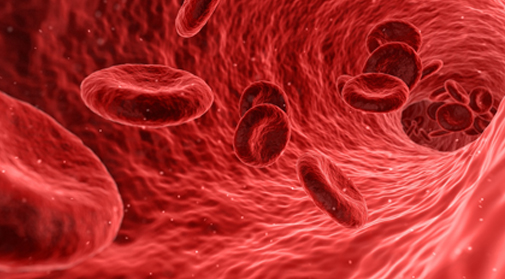Chemistry Minor
The Department of Chemistry offers a minor in chemistry to those students who wish to enhance their education with a strong concentration in chemistry. The program requires 16 credits of chemistry at the 200 level or above; that is, a total of 24 credits hours including the freshman General Chemistry I & II sequence. A chemistry minor is open to students for whom chemistry courses are a valuable complement to their major's courses. A minor in chemistry will give students an edge and a better fighting chance to be admitted to graduates programs in medical or other professional schools.
Course requirements for a Minor in Chemistry
| CHM 101 | General chemistry I | (4 credits) | |
|---|---|---|---|
| CHM 101 is the first semester of a two semester General Chemistry sequence for students majoring in science, or preparing for entry into health professional programs such as medicine, dentistry, pharmacy and veterinary science. CHM 101 provides a comprehensive introduction to the basic principles of chemistry including atomic and molecular structure, properties of gases, liquids and solids, and chemical thermodynamics. | |||
| Pre-requisites: | None | Co-requisites: | None |
| CHM 112 | General chemistry II | (4 credits) | |
|---|---|---|---|
| CHM 112 is the second of a two semester chemistry course for science majors or those preparing for entry into health professional programs such as medicine, dentistry, pharmacy and veterinary science. CHM 112 builds on fundamental principles mastered in the first semester of the course. | |||
| Pre-requisites: | CHM 101 | Co-requisites: | None |
| CHM 211 | Organic Chemistry I | (4 credits) | |
|---|---|---|---|
| CHM 211 is the first semester of a two semester sequence for science majors and those preparing for entry into health professional programs such as medicine, dentistry, pharmacy and veterinary science. CHM 211 focus on bonding principles, functional groups, isomerism, stereochemistry, nomenclature, synthesis and reactions of alkanes, cycloalkanes, alkenes, alkynes, alcohols, and alkyl halides. Addition, elimination, rearrangement and substitution mechanisms. | |||
| Pre-requisites: | CHM 112 | Co-requisites: | None |
| CHM 212 | Organic Chemistry II | (4 credits) | |
|---|---|---|---|
| CHM 212 Continuation of CHM 211. Nomenclature, properties, reactions and synthesis of conjugated dienes, aromatics, organometallics, alcohols, phenols, ethers, aldehydes and ketones, carboxylic acids and derivatives, and amines. Mechanisms include electrophilic aromatic substitution and nucleophilic addition. Carbohydrates, amino acids, proteins and nucleic acids | |||
| Pre-requisites: | CHM 211 | Co-requisites: | None |
| CHM 310 | Introduction to Instrumental Analysis | (4 credits) | |
|---|---|---|---|
| Introduction to the theories of analysis by instrumental methods. Basic electronics are applied to chemical measurements. Topics include an introduction to the theory of spectroscopy, ultraviolet, visible, infrared, and others. CHM 310 is an introduction to basic principles and the instrumental design of a variety of analytical techniques, including: electrochemical, spectrochemical (molecular and atomic), chromatographical and mass spectrochemical | |||
| Pre-requisites: | CHM 212 | Co-requisites: | None |
| CHM 311 | Biochemistry I | (4 credits) | |
|---|---|---|---|
| CHM 311 concentrates on understanding the structure and function of biological molecules, especially proteins, lipids and carbohydrates. Important concepts of biochemistry including bioenergetics, biological catalysis, and metabolic pathways will be covered. Applications of biochemistry in life sciences, biotechnology, agricultural, medical, and industrial fields will be presented. | |||
| Pre-requisites: | CHM 212 | Co-requisites: | None |









